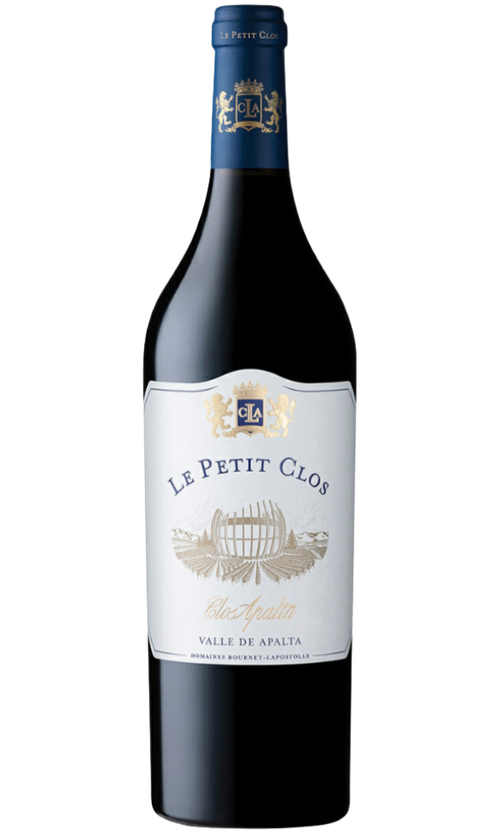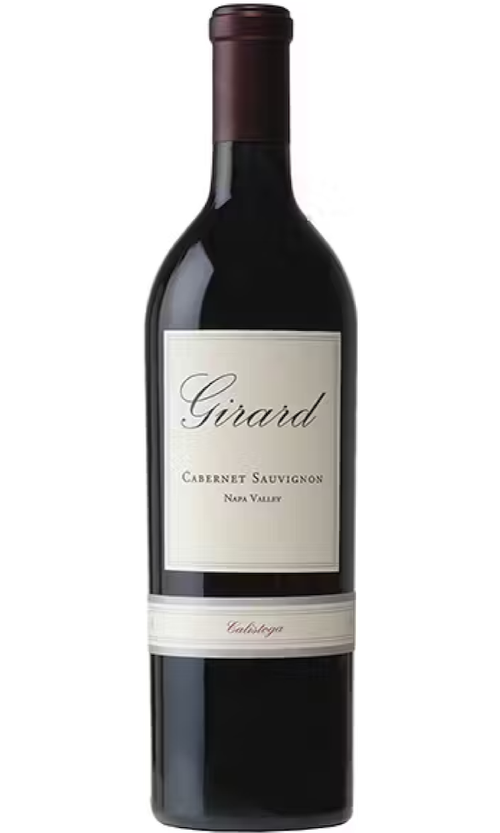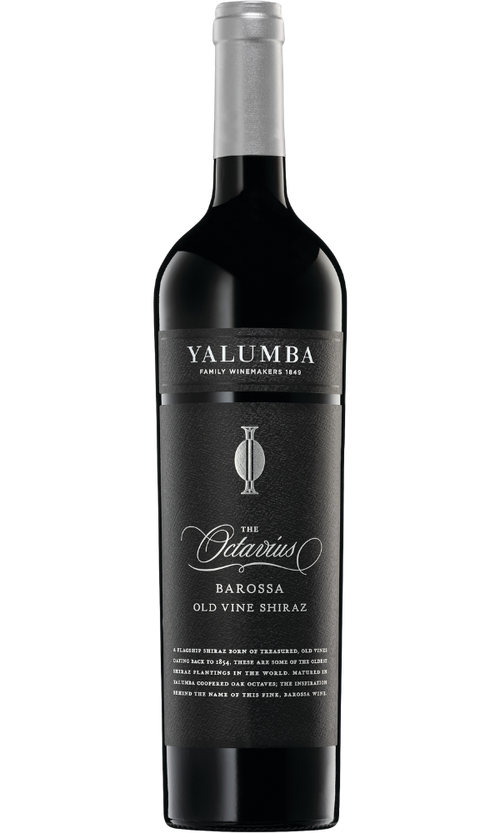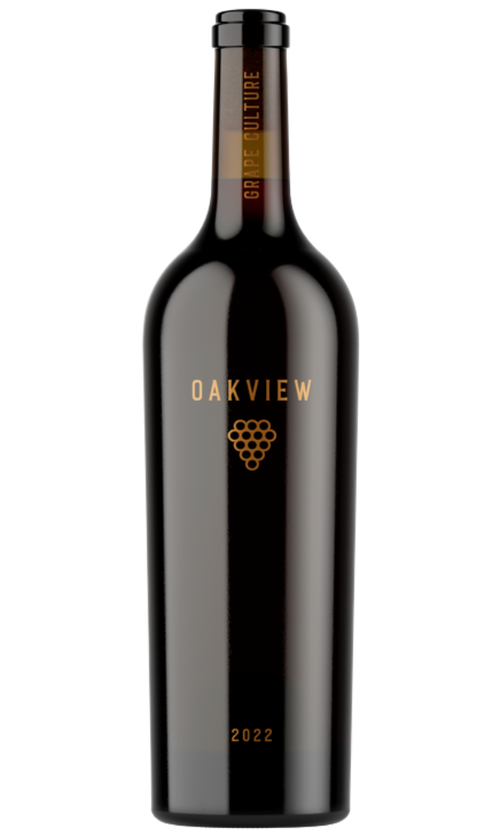
Clos Apalta is one of the world’s great estates. This is their biggest value.

- 96 pts James Suckling96 pts JS
- 96 pts Vinous96 pts Vinous
- Curated by unrivaled experts
- Choose your delivery date
- Temperature controlled shipping options
- Get credited back if a wine fails to impress
2021 Clos Apalta Petit Clos Colchagua Chile 750 ml
Retail: $64.99 | ||
| $50 | 23% off | per bottle |
- Curated by unrivaled experts
- Choose your delivery date
- Temperature controlled shipping options
- Get credited back if a wine fails to impress
Second to No Wine
We met Charles-Henri de Bournet Marnier Lapostolle, the owner of Clos Apalta, a few years ago at a James Suckling South America event. As is often the case, the vintner resembles the wine: a polished and aristocratic exterior (we wish we could afford his tailor) concealing a burning intensity and intelligence.
His parents founded the original estate in 1994, acquiring 74 acres of vines high in the Colchagua Valley. Those vines, planted in 1915 and 1920, inform the wine a century later, filling out this release with a gorgeous expressivity and fruit concentration that will unfurl for decades.
The family’s goal, which Charles-Henri has helped bring to fruition, was to create a Bordeaux-style estate. Today, they craft old-school Bordeaux blends that are even more authentic than much of what you’ll find along the Gironde. That’s because of the presence of Carménère, a grape that used to grow in Bordeaux but is now largely extinct there.
It’s the Carménère, which composes 68% of the 2021 Petit Clos, that gives this wine its haunting fragrance. Cabernet Sauvignon, Merlot, and Cabernet Franc fill in the gaps, imbuing the palate with a weight and intensity we expect from Rolland’s best bottles.
Clos Apalta, arguably the quintessential Chilean expression of Carménère, benefits from a terroir that differs from those of the other two great iconic wines of Chile, Seña and Almaviva. The growing season is long and even, meaning ripeness is almost guaranteed. The winery is sequestered in the horseshoe of the region’s coastal mountains, which cast shadows that mitigate the blinding sun, ensuring the grapes maintain their natural stock of acidity—and preserving a dancer’s grace and elegance in the naturally powerful wines.
You might also like these wines
- Member Favorite
- Member Favorite
- You're on page












